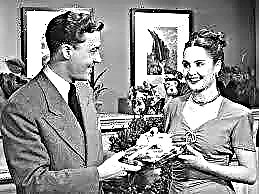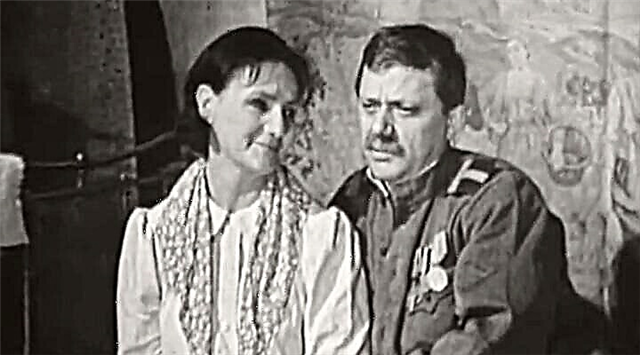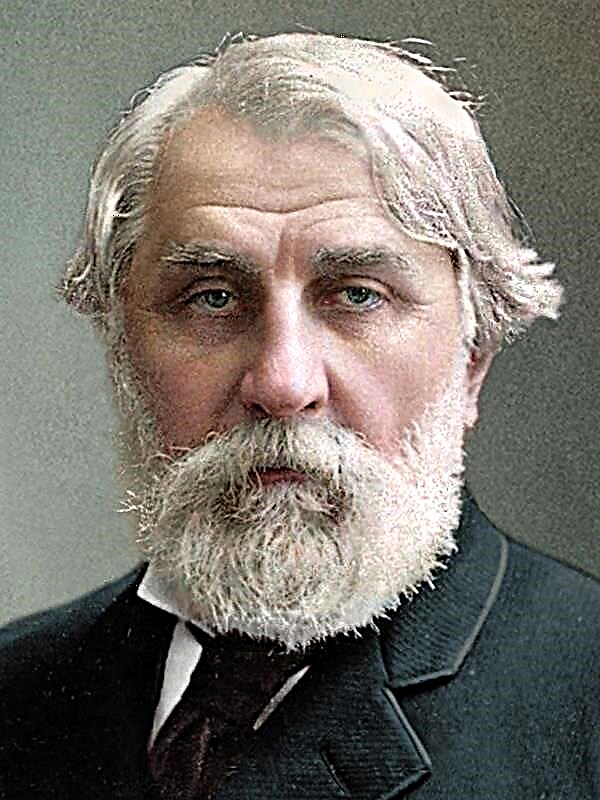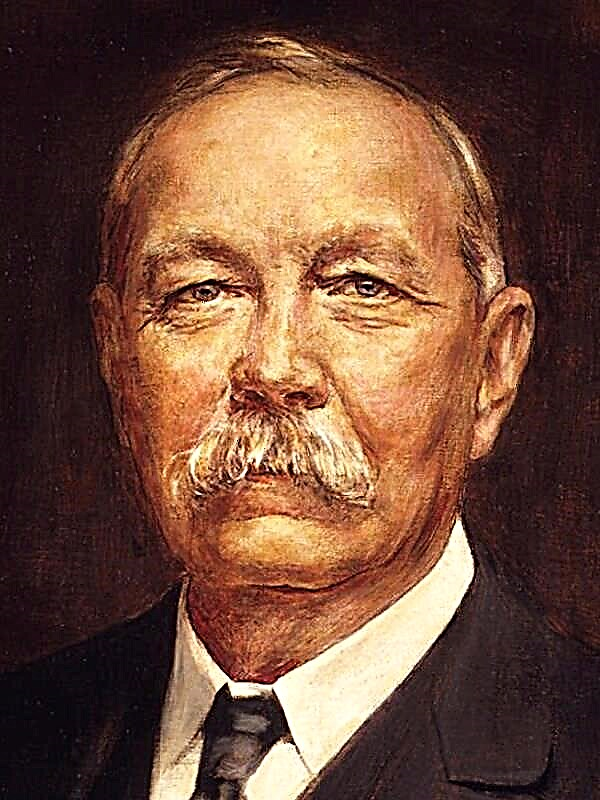Do not be afraid to trust intuitive solutions - often they are better than conscious ones
Our brain uses two strategies to make decisions.
- The first strategy is to consciously fix and process information, weigh the pros and cons, and come to a rational conclusion about the best way to solve the problem. Such a strategy requires a lot of time, which is often not enough.
- The second strategy is faster, it was born in the course of evolution. The subconscious mind instantly draws conclusions based on intuitive feelings, and not on a thorough analysis.
The second strategy allows the brain to relieve tension from the complex thought process from the subconscious. Unbeknownst to us, the unconscious part of the brain instantly analyzes situations and selects the optimal actions.
Many people tend to trust only conscious judgment. But hasty decisions based on feelings, often better than those made as a result of a comprehensive analysis.
Example. Tennis experts can intuitively predict when a player will make a wrong serve, but are not able to pinpoint its cause. Art historians at one glance can determine a fake simply because they experience a strange sensation, and they can only rationally explain their hasty judgment after some time.
In many situations, there are patterns and patterns, and their subconscious mind recognizes faster. Then it is worth trusting hasty decisions.
The subconscious mind can distinguish between important and unnecessary information in fractions of a second
Scrupulousness can be useful, but in making decisions it is pointless to consider the situation to the smallest detail. Focusing on a few important facts more effectively.
Example. You want to accurately predict whether a pair will continue to have a relationship. Then it’s worth focusing on a few key features. So, if you notice a shadow of contempt in their communication, this is an indicator that problems are just around the corner. But if you start to analyze, it will be difficult to make an accurate forecast, since the flow of unnecessary information will hide important information. If you watch the setting of the legs, posture and conversation of the couple, then you can miss really important indicators - their scornful looks.
Our subconscious mind often filters information, leaving the important parts necessary for accurate conclusions.
Hasty decisions are successful because the subconscious mind is incredibly good at filtering. No wonder family psychologists know which signals (for example, notes of contempt) to pay attention to in a couple’s relationship. Spontaneous decisions are also based on the selection of a small amount of important information.
We draw more hasty conclusions than we realize, and then come up with rational explanations for them.
In everyday life, we constantly make hasty conclusions.
Example. When we meet, we know whether we will feel attracted to a person. The football player is assisted by the “goalkeeper instinct”, which automatically moves him to the goal position. And some investors even listen to lower back pain, "prompting" them that it is time to sell shares. All these decisions are made by the subconscious.
Many people tend to trust facts and figures, not feelings and intuitions. But they usually come up with logical explanations for their hasty conclusions.
Example. The goalkeeper may think that he was simply “in the right place at the right time.” But what really happened in his head during the match? His automatic reactions to shots on goal were born from the subconscious.
We can have a clear idea of the features of an ideal romantic partner, but when we meet someone, we forget about our “list”. We just intuitively understand whether we like a person.
Most often, an intuitive decision contradicts a rational judgment.
Associations strongly influence decisions
The subconscious mind affects our actions specifically.
Example. In one study, people were asked to participate in a quiz. They were divided into two groups and given the task: the first group was offered to think of themselves as a professor, and the second as a football fan. As a result, the first group gave more correct answers. Associations influenced the performance of players.
Also, subconscious associations constantly influence our behavior.
Example. We have learned to unconsciously associate attributes such as “white”, “man” and “high” with qualities such as power and competence. Even if we do not believe that a tall fair-skinned man is more competent than a short African-American woman, most form these associations unknowingly. Studies have shown that a tall "white" man is easier to make a career. Each centimeter of growth turns into a large salary, and the position in top management is occupied exclusively by white men with growth above average.
It is important to know that associations can lead to a serious mistake.
Example. Warren Harding was elected president of the United States after the end of World War I, because it seemed to voters that he "looked like a president." However, he did not possess the necessary skills and qualities, and today is considered one of the worst presidents of all time.
Stress Can Make Wrong Decisions
Are you surprised to learn that you have telepathic abilities? In fact, everyone can read minds. To do this, you just need to look at the person’s face: emotions will show what exactly he is thinking about.
It is proved that the expression of emotions is universal. Any person in any part of the world can identify a happy, evil, or sad expression. But some people (for example, those suffering from autism) understand only unambiguously transmitted information and are not able to "read" by the faces of other people.
Even healthy people can temporarily get autism in stressful situations and in the face of a lack of time. Under stress, we often ignore indirect signals (facial expressions), paying direct attention to the “threat” - the most significant information (“blind eye”).
Example. Overbearing can make cops shoot innocent people. By focusing on a possible danger in the form of weapons, they can mistake even a black wallet.
To avoid such "autism", you need to calm down and avoid stressful situations. Stress above a certain level completely blocks the logical thought process, and people become unpredictable.
Market research does not always show real consumer behavior.
The marketer determines which products will sell well in the market and which will not. But it is often difficult to predict consumer behavior.
Example. Once Coca-Cola conducted a series of taste tests and determined that the competitor (Pepsi) was much better. Then the company changed the recipe and released a product called New Coke. All taste tests showed that the drink should be a bestseller. But as a result, New Coke became one of the biggest failures and later left the market. But how could marketers be so wrong?
It’s just that tests were carried out under the wrong conditions: tasters evaluated products based on only one sip. Have you had to drink Coca-Cola this way? Due to unrealistic conditions, the assessment had nothing to do with customer behavior later. For real demonstrative behavior, tasters had to slowly sip a drink at home, comfortably sitting on the couch.
Consumers usually negatively evaluate new products at the first test. For customers to enjoy the new product, they first need to get used to it.
Always try new things to get rid of prejudice
Using associative tests, psychologists have proven that racial prejudice is deeply rooted in humans.
Example. Many US citizens associate positive qualities with the word “white-skinned” rather than with the word “African American.” Surprisingly, such a subconscious prejudice is popular even among black people. Just the subconscious learns through observation. The current ruling class in the United States is almost entirely composed of white people, so American citizens born associations between white skin and power.
Prejudice incorrectly affects our daily behavior.
Example. Skin color, gender and height form a person’s perception at the interview.
To avoid becoming a victim of prejudice, try to change your subconscious mindset. To do this, meet new people and try new ones.
Example. One test subject was able to temporarily forget the prejudice against blacks by observing athletics competitions where the US team was almost entirely African-American. The influence of skin color on judgments was dulled, since the subject whole heart supported the team.
To avoid unsuccessful hasty decisions, ignore unnecessary information
To avoid the negative effects of prejudice and stereotypes, consciously protect yourself from potentially erroneous information.
Example. Previously, the prevailing opinion was that only men can be professional musicians (violinists or double bass players). Women, regardless of talent, were uncompetitive. To overcome this problem, in the music industry, they started using screens hiding the musician during listening to be judged solely by performance. Thanks to this innovation, many talented female musicians have appeared in orchestras around the world.
Sometimes hasty conclusion can be denied as easily as deliberately ignoring excess information.
The most important thing
The human brain can make hasty decisions instantly. Sometimes they are better than conscious analysis, but they can also lead to wrong choices and unfair evaluations of people.
Try it out in real life before releasing a new product.
If the company launches a new product, and you need to conduct market research, recreate the same conditions under which consumers will use the product in real life. Otherwise, product reviews will be completely unreliable.
Avoid Temporary Autism
Any healthy person gets into a state of autism in stressful situations or in the face of a lack of time. If you focus too much on something, you can miss important indirect signals (facial expressions), which can lead to a fatal error.
You use your intuition more often than you think.
Even when you think that you have rationally analyzed the situation and come up with a convincing rationale for your choice, you are safe from intuition. Remember that intuition can and should be used in certain situations.












